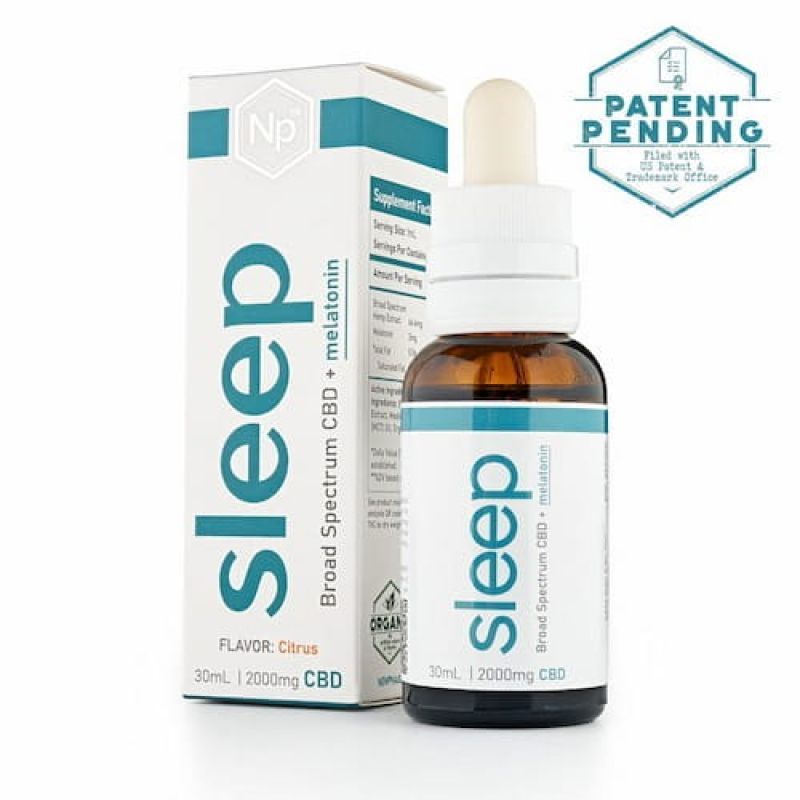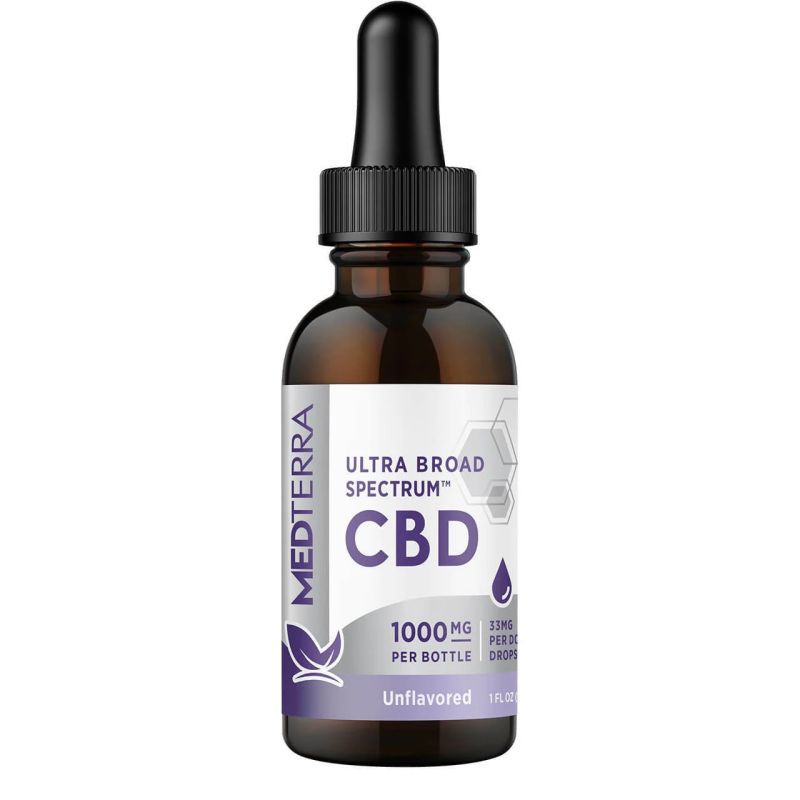In today's fast-paced and demanding world, more and more people are struggling with mental health issues. Anxiety, depression, and stress have become an epidemic, affecting millions of individuals worldwide. While there are various treatments available for these conditions, including prescription medication and therapy, many people are turning to natural remedies, such as CBD, to improve their mental health.
CBD is a promising alternative to traditional treatments due to its potential therapeutic benefits and minimal side effects. In this blog post, we will delve deeper into how CBD can improve your mental health and provide you with a comprehensive understanding of its benefits..
Anxiety and Stress
Anxiety and stress can manifest in various ways, including physical symptoms such as heart palpitations, sweating, and trembling. These symptoms can be overwhelming and make it difficult for individuals to function in their daily lives. CBD has been found to have a calming effect on the body by interacting with the endocannabinoid system, which is responsible for regulating various bodily functions such as mood, appetite, and sleep.
In particular, CBD has been found to interact with receptors in the brain that are involved in the regulation of fear and anxiety. When these receptors are activated, they can reduce the activity in the amygdala, which is the part of the brain responsible for the processing of fear and anxiety. This reduction in activity can lead to a decrease in feelings of anxiety and stress.
One study published in the Journal of Clinical Psychology found that CBD reduced anxiety in people with social anxiety disorder. In this study, participants received either CBD or a placebo before a public speaking test. The group that received CBD reported significantly less anxiety, cognitive impairment, and discomfort in their speech performance than the placebo group.
Depression
Depression is a common mental health condition that affects millions of people worldwide. It can cause a range of symptoms, including persistent feelings of sadness, loss of interest in activities, fatigue, and difficulty sleeping. While there are various treatments available for depression, including prescription medication and therapy, some individuals may seek natural remedies such as CBD.
CBD has been found to have potential antidepressant effects, although more research is needed to fully understand its impact on depression. CBD interacts with the endocannabinoid system, which plays a role in regulating mood and emotions. It has been suggested that CBD may increase levels of the neurotransmitter serotonin, which is involved in regulating mood and has been linked to depression.
A study published in the Journal of Psychopharmacology found that CBD had an antidepressant effect on mice and rats. The study involved administering CBD to the animals and observing their behavior in a series of tests that measure depression-like symptoms. The results showed that CBD had a significant antidepressant effect, suggesting that it may be effective in treating depression.
Insomnia
Insomnia is a common sleep disorder that affects a significant portion of the population. It can have a detrimental effect on one's physical and mental health, leading to problems such as fatigue, difficulty concentrating, and an increased risk of accidents. While there are various treatments available for insomnia, including prescription medication and therapy, some individuals may seek natural remedies such as CBD.
CBD has been found to have potential benefits for sleep, although more research is needed to fully understand its impact on insomnia. CBD interacts with the endocannabinoid system, which plays a role in regulating sleep and wakefulness. It has been suggested that CBD may increase levels of adenosine, a neurotransmitter that promotes sleep.
A study published in the Permanente Journal found that CBD improved sleep in 66% of participants. The study involved administering CBD to individuals with anxiety and sleep complaints over a period of three months. The results showed that CBD significantly improved sleep quality and reduced insomnia in the majority of participants.
PTSD
Post-traumatic stress disorder (PTSD) is a mental health condition that can develop after experiencing or witnessing a traumatic event, such as military combat, sexual assault, or a natural disaster. Individuals with PTSD may experience symptoms such as flashbacks, nightmares, anxiety, and avoidance of situations that trigger memories of the traumatic event. While there are various treatments available for PTSD, including therapy and medication, some individuals may seek natural remedies such as CBD.
CBD has been found to have potential benefits for PTSD, although more research is needed to fully understand its impact on this condition. CBD interacts with the endocannabinoid system, which plays a role in regulating stress and anxiety. It has been suggested that CBD may reduce the release of stress hormones and modulate the activity of the amygdala, the part of the brain responsible for processing fear and anxiety.
One study published in the Journal of Alternative and Complementary Medicine found that CBD reduced anxiety and nightmares in people with PTSD. The study involved administering CBD to 11 individuals with PTSD over a period of eight weeks. The results showed that CBD significantly reduced anxiety and nightmares in the majority of participants.
Another study published in the Journal of Psychopharmacology found that CBD may improve the extinction of fear memories in individuals with PTSD. The study involved administering CBD to individuals and exposing them to a traumatic memory. The results showed that CBD enhanced the extinction of fear memories, suggesting that it may be a useful tool in the treatment of PTSD.
However, it's important to note that more research is needed to determine the long-term effects of CBD on mental health and to determine the appropriate dosage for individuals. If you are considering using CBD to improve your mental health, it's important to talk to your healthcare provider first to ensure it's safe for you to use and to determine the appropriate dosage.






Share this via
Or copy link